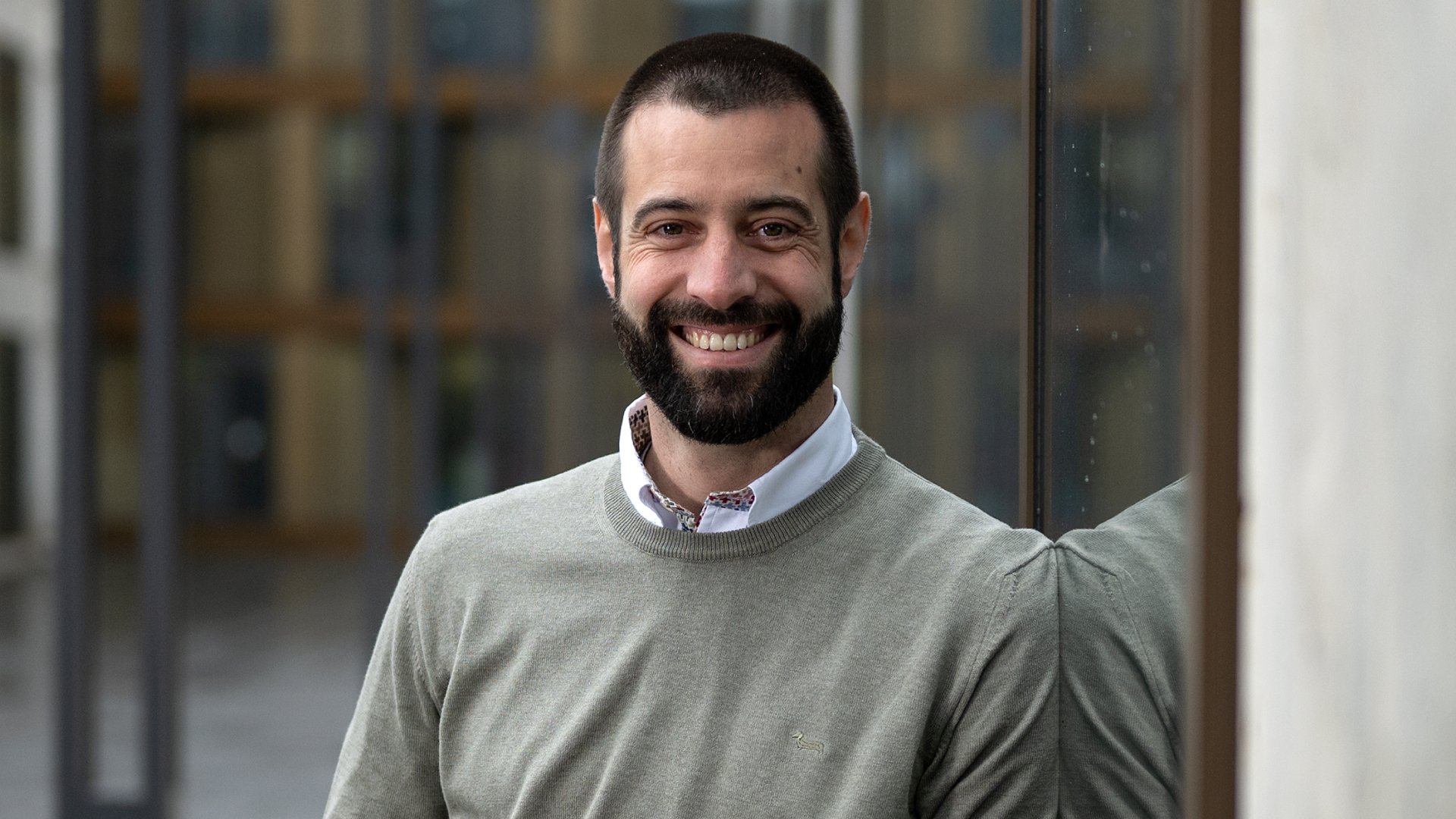
Today we hear the story of Christian Lenz, whose concern for our wider society led him to undertake humanitarian work in the non-profit sector. Once he had reached a certain position in his organisation, he felt that he could make more of a difference with some additional skills, so he embarked on an MBA at POLIMI GSoM. This has led to a promotion in a more strategic role, greater professional fulfilment and the ability to make an even more influential contribution.
- Can you tell us something about your career in the not-for-profit field before you took the MBA course?
After graduating as a Mechanical Engineer, I started working at a small start-up that I had founded with a friend of mine, but after few years I needed to feel more involved in the wider world, so I was looking for a meaningful change.
During my military service, I began to familiarise myself with the mandate of the ICRC, the International Committee of the Red Cross, that is, to protect the victims of conflicts and those in situations of violence. I was impressed by the ICRC’s work because they really have an impact on the lives of the civilian population. I was also fascinated by the technical difficulties: for various supply chain, security and political reasons, it’s fairly challenging to do engineering work on big water systems and other essential infrastructure in a war zone. When the start-up experience came to an end I decided join ICRC, motivated by the possibility of improving the life of civilians, fighting injustice and, ultimately, helping to bring about a more equitable world.
- What is the deep purpose that led you, at a certain point in your career, to study for an Executive MBA?
I joined ICRC as Water & Habitat Delegate, a Team Leader based in the field responsible for a specific geographical area, to implement all engineering activities in support of essential services (e.g. water, wastewater, electricity, healthcare, or housing) benefiting victims of armed conflict. After three years in that role, I then took on more responsibility and became Water & Habitat Coordinator, with responsibility for a country. The following step in my professional growth had been to become Water & Habitat Head of Sector. Today, in this role, I oversee all engineering activities in the Near and Middle East Region as a member of the Regional Strategic Team based at headquarters in Geneva. To support the transition from Coordinator to Head of Sector, I decided to study for an MBA, so as to increase my knowledge and management skills and thus be able to take on greater responsibility within the organization. In particular, I chose POLIMI GSoM thanks to its unique value proposition and the referral of an iFLEX alumnus, Marco Albertini, a colleague of mine at the ICRC, who had attended the first edition of the iFLEX.
- In terms of hard and soft skills and the relational capital you acquired during the Executive MBA, which aspect has benefited you the most in your professional challenges?
Especially now, the hard skills I learned during the EMBA have actually been extremely helpful: at a global level, the humanitarian sector has been in crisis since 2018, having been badly affected not only by Covid, but also more recently by global socio-economic challenges and power shifts emerging. There are fewer and fewer resources available for humanitarian work and, consequently, there is huge pressure on financial architecture, modernization and digitalization. Having done the MBA really helps me to take a broader view, understand the context and contribute in terms of evaluating different options and making proposals.
As far as human capital is concerned, my classmates and I still keep our Whatsapp group going, where we regularly share good news and discuss professional cases.
